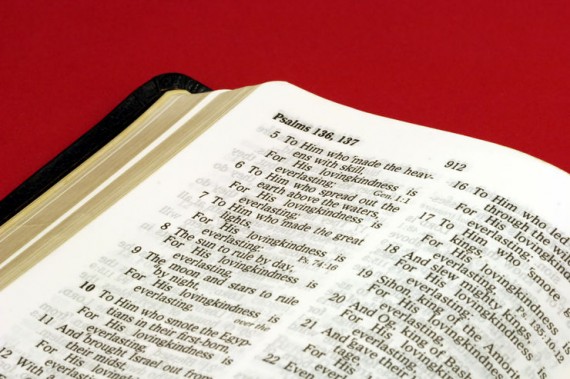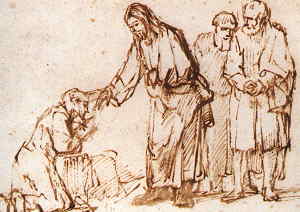The biggest problem in Christianity today is that we try to obey the Bible too much.
I know, I know. Most pastors and Bible teachers say exactly the opposite, that the problem with Christianity today is that we don’t obey the Bible enough.
But I disagree. I believe we try to obey the Bible more than we should, with the result being that we almost completely disobey God.

As we continue to look at the issue of inerrancy, we have seen that the Bible does not contain errors, but that this idea has led many people to read the Bible wrongly. When we understand how the Bible functions, why the Bible was written, and how the Bible is true, we see that the Bible was not written to us, but is a book which shows us what people of God have done in the past, and how this affected God’s mission in the world. Even the accounts of Jesus were not written so that we can follow His example blindly, but so that we can live in our day, and our time, and be Jesus to the people around us, NOT try to be like Jesus as He was 2000 years ago.




 Jesus is the greatest example in Scripture on how to live according to the will of God.
Jesus is the greatest example in Scripture on how to live according to the will of God.






 I have thought about this way of reading Scripture for a few years now, and while I like that it upholds the accuracy and truthfulness of Scripture, I just cannot accept it as a right way to read Scripture. If the Bible is nothing more than an accurate record of inaccurate ideas, how does it help us at all? It would be useless.
I have thought about this way of reading Scripture for a few years now, and while I like that it upholds the accuracy and truthfulness of Scripture, I just cannot accept it as a right way to read Scripture. If the Bible is nothing more than an accurate record of inaccurate ideas, how does it help us at all? It would be useless.


